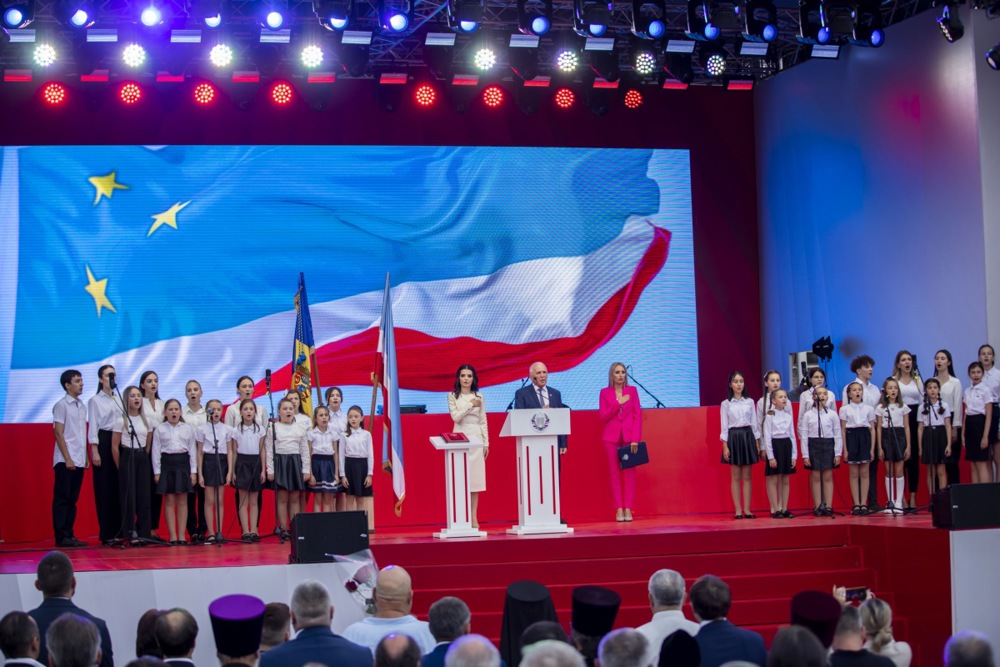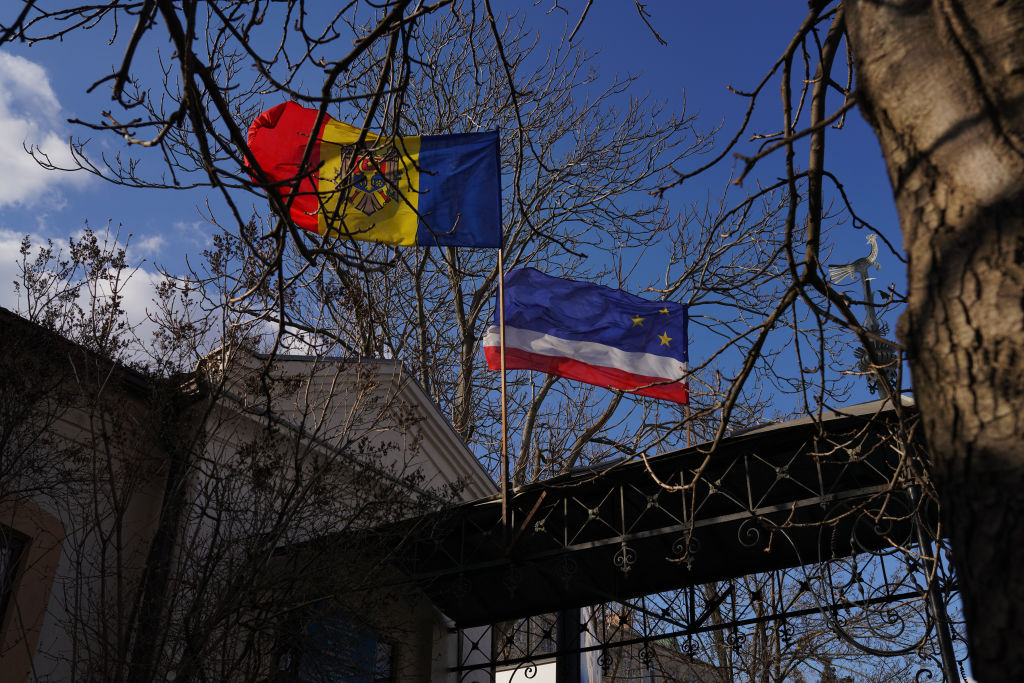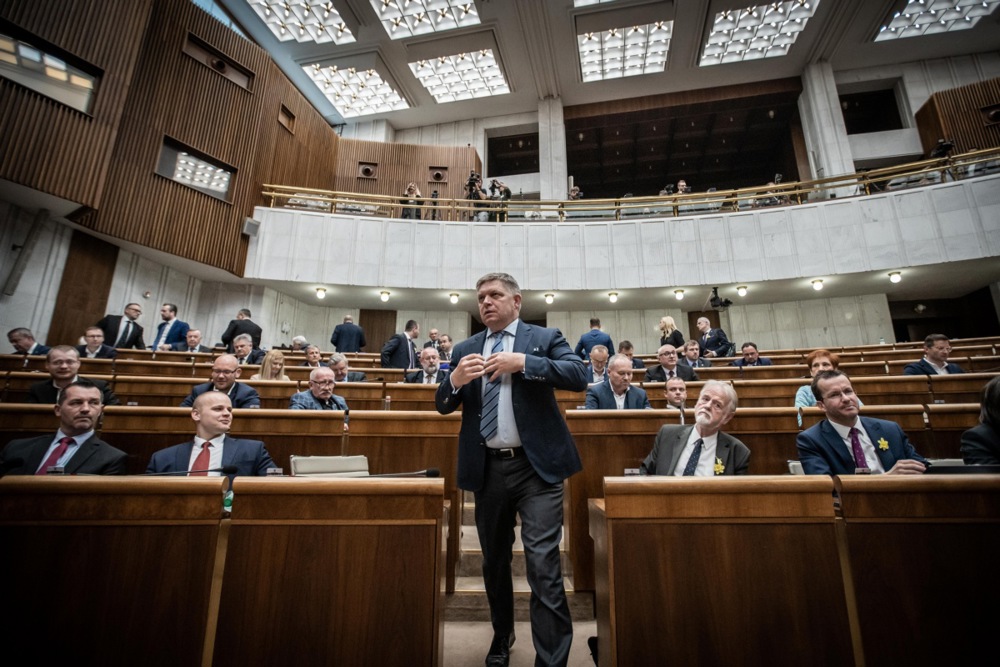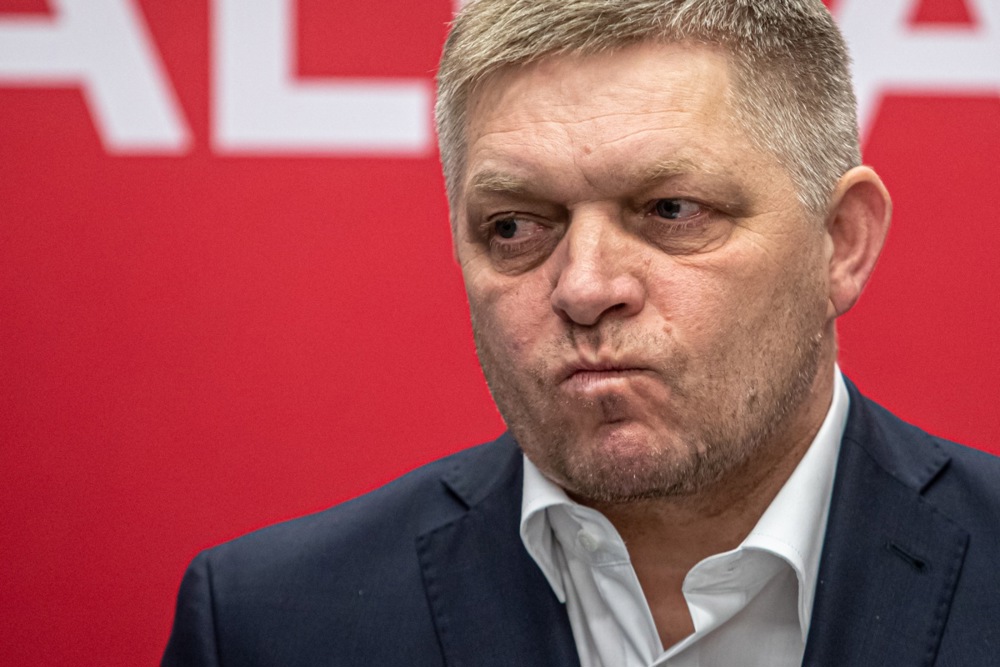Moldova’s pro-EU Party of Action and Solidarity (PAS) failed to win Chisnau’s mayor race Sunday, raising questions both about possible Russian interference and the country’s hopes of joining the EU.
The nationwide vote for 12,000 local officials was seen as a test of President Maia Sandu’s pro-European course.
PAS, which she founded, won 40 per cent of votes for mayors, city councillors and district and village councils but fared badly in Moldova’s big cities.
In the capital, incumbent mayor Ion Ceban defeated the PAS’s Lilian Carp, avoiding a run-off with 50.62 per cent of the vote.
Elsewhere, the race for mayor of Balti went to a second round without the PAS candidate. In Cahul, an independent candidate won the mayoral race, while an independent candidate linked to a pro-Russian banker won in Orhei.
Sandu’s party won first-round mayoral seats in 244 of 898 villages and towns, mainly in rural areas.
Her party’s poor result is a consequence of Russian interference, says Sandu.
There was an “influx of illicit and foreign funds and the monetary incentives used to influence voters’ choice”, agrees the Organization for Security and Cooperation in Europe (OSCE).
The elections were marred by allegations of vote buying, the European Network of Election Monitoring Organisations says.
Russia funnelled $5 million to buy votes via fugitive businessman Ilan Shor, Moldovan authorities say. Shor has been convicted of bank fraud in Moldova.
Just two days before the vote, elections authorities barred the Chance party, linked to Shor, on security grounds.
The OSCE criticised this “blanket exclusion of candidates without a possibility for effective legal remedy,” calling the move “contrary to OSCE commitments and international standards”.
The PAS did well considering Moscow’s attempt to “throw all its forces into interfering in this election,” says Igor Grosu, speaker of Moldova’s parliament.
The “PAS and pro-European candidates managed to achieve the best result in the country,” and “despite the unprecedented interference by a foreign state”, Grosu says.
The speaker of Moldova’s parliament hailed the ruling party’s performance in the face of what he said was a Kremlin bid to “throw all its forces into interfering in this election.
“Despite the unprecedented interference by a foreign state, the PAS and pro-European candidates managed to achieve the best result in the country,” Grosu insisted.
The local elections are Moldova’s last nationwide vote before a presidential election due next November.
The small ex-Soviet state, which is trying to join the EU and leave Russia’s orbit, is in a delicate position, with its eastern border occupied by the Russian-backed breakaway state of Transnistria.
Sandu accuses Moscow of trying to oust her in a coup in February, and has denounced Russia’s invasion of Ukraine.





